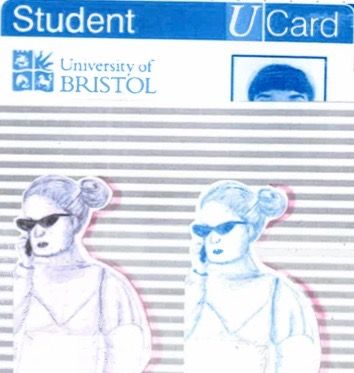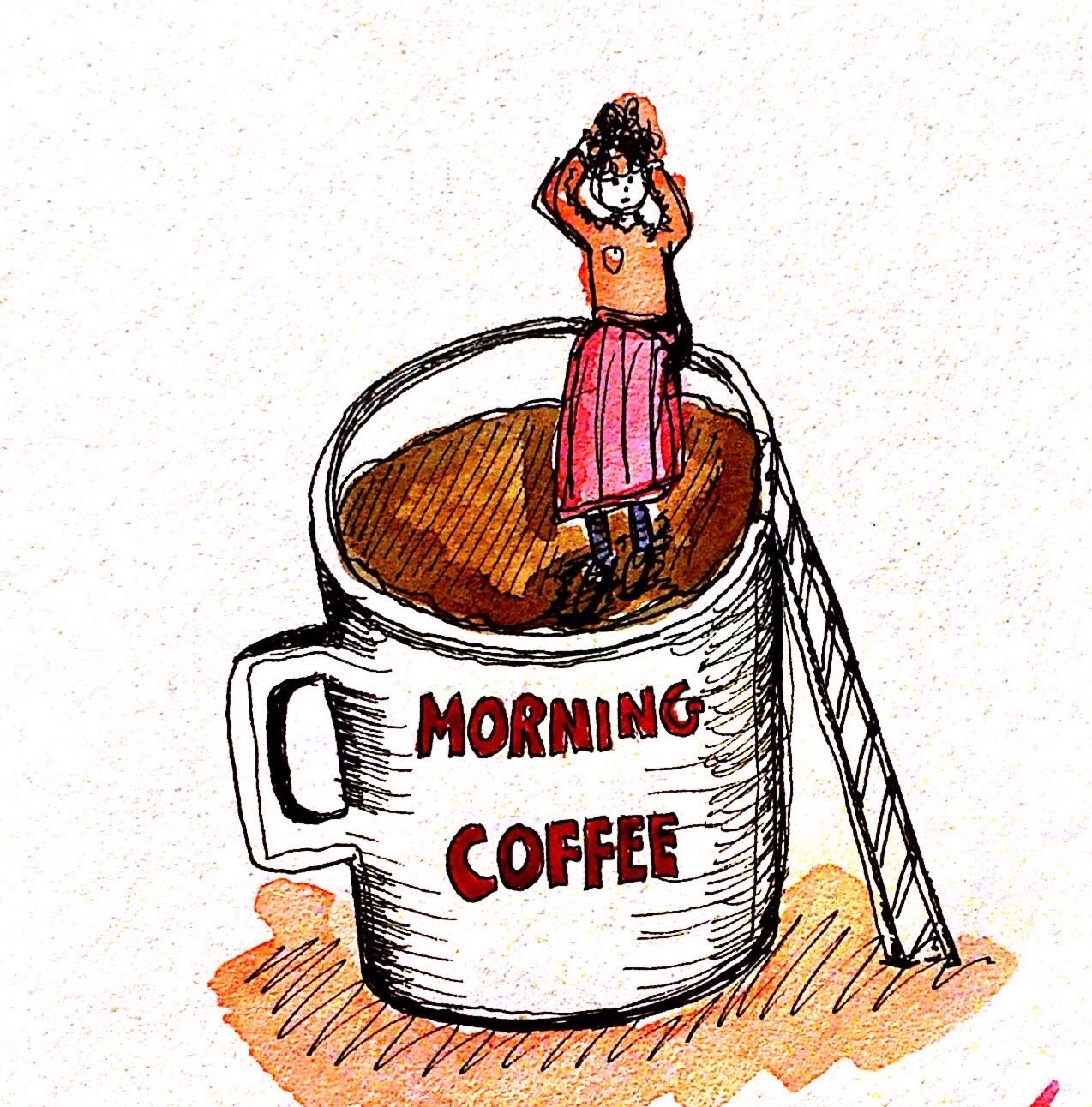By Rebekah Morris, Second Year Politics and Economics
The Croft Magazine // Students are embarking on applications for internships and grad schemes, but doing this as a woman can add another dimension of difficulty.
Going into employment as a woman can seem daunting, despite 71.4% of working age women being employed – an all-time high. Yet why do we still have fears entering the workplace?
Entering a male dominated workplace can be an intimidating experience, but sometimes it can be unavoidable when trying to pursue a career in a traditionally male-centric field. I’ve personally found that although we know deep down that there is nothing different between the genders, bar society’s sometimes warped notions of them, you still do feel the divide - especially when you’re outnumbered.
Even when companies take measures in order to combat this and ensure a more diverse workplace, I’ve personally found that every time I’ve entered a professional environment I naturally gravitate towards other women in the room for a sense of comfort.

Since I started working at 16, I’ve witnessed and experienced the gender divide in the workplace. I’ve had friends who have had male colleagues follow and harass them to the point of reporting it to their superiors; only to be told that this has happened before, but not to worry, that they simply won’t be put on shifts together in the future.
Being a woman even in this day and age comes with hurdles incomprehensible to those who have never been subjected to them before – hence why it feels isolating entering a predominantly male workplace. Yet I’ve found another unexpected fear in the disparity and expectations of women within the workplace, not just tangible harassment.
I took part in a Spring Week last year with a bank, which ultimately led to an internship. We had the choice of three departments for our summer internship – one was more female oriented, and another was described to me by one of the women working there as being full of ‘old white men’.
For a workplace that had transformed rapidly in the 21st Century, this one department had remained stagnant. However, this was the department I wanted to apply to – the aspect of banking it entailed appealed far more to me than the other options presented. Even my interviewer was noticeably surprised when I said I wanted to be in this specific department – but I stuck to it and eventually received the internship.
The surprise, however, shouldn’t have been in my wanting to be in this department but rather the fact that it was surprising at all. The fact I felt less entitled to this position despite being as good a candidate than anyone else in the room proved that despite knowing I’m capable, my fears due to me being a woman still exist when I’m in the workplace, and had the potential to hold me back.
However, the challenge isn’t just getting the job, but then receiving equal treatment once employed – namely in the form of equal pay, or more accurately the lack thereof. My first job was in retail, and I worked alongside my brother. Both of us were in the same age range and should’ve received the same pay for the exact same job – but I later found out he was receiving a higher hourly wage, whilst me and another female colleague his age received a lower wage. Experiences like these are more common than they should be.

Knowing what to expect going into a workplace as a woman can help relieve fears. Knowing you got the job because you earned it, and having an open discussion about the topic of gender in the workplace both in and outside of it not only acts as a sort of preparation, but also brings awareness to the issues women face. And, ultimately, not being afraid to talk about the issue can hopefully encourage others to make a conscious effort to reduce any actions they may be taking that may be inadvertently supporting a workplace that makes women feel fearful, unwelcome, or invalidated.
Featured: Unsplash / BBH Singapore
Find The Croft Magazine inside every copy of Epigram Newspaper









